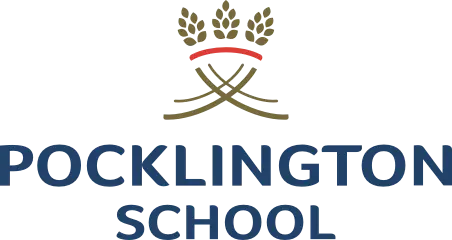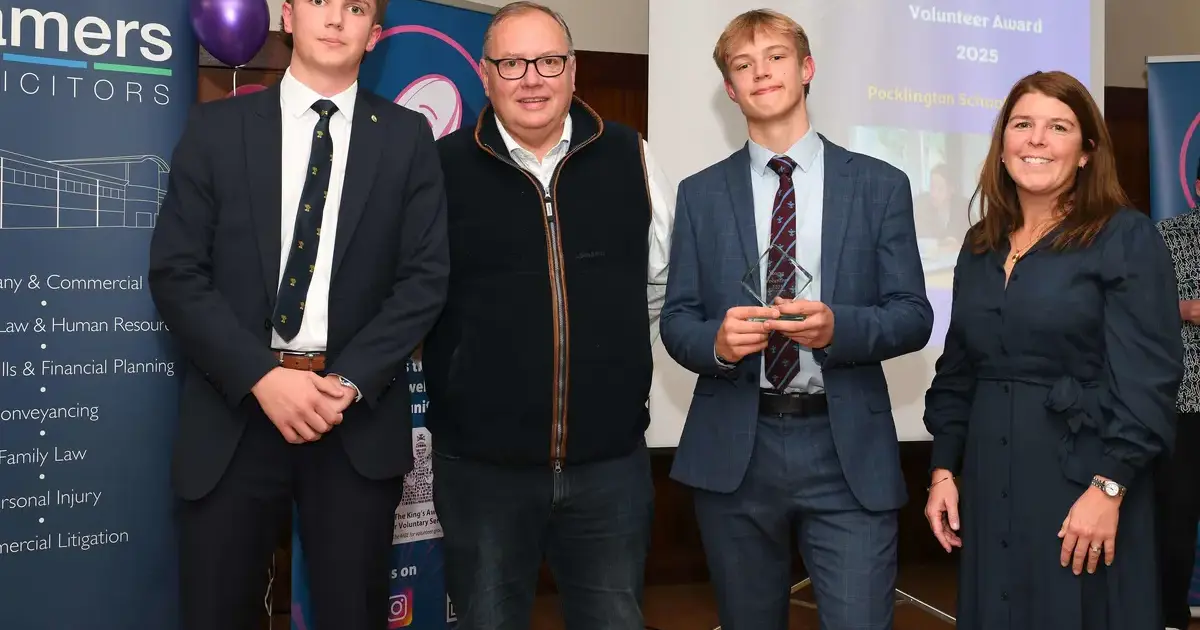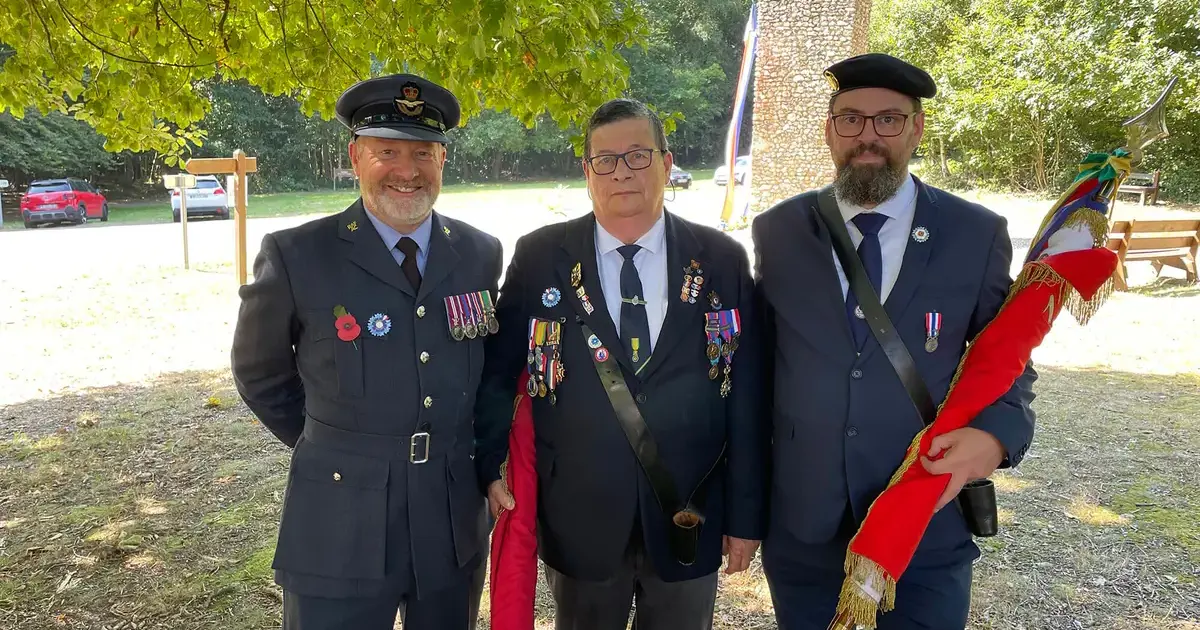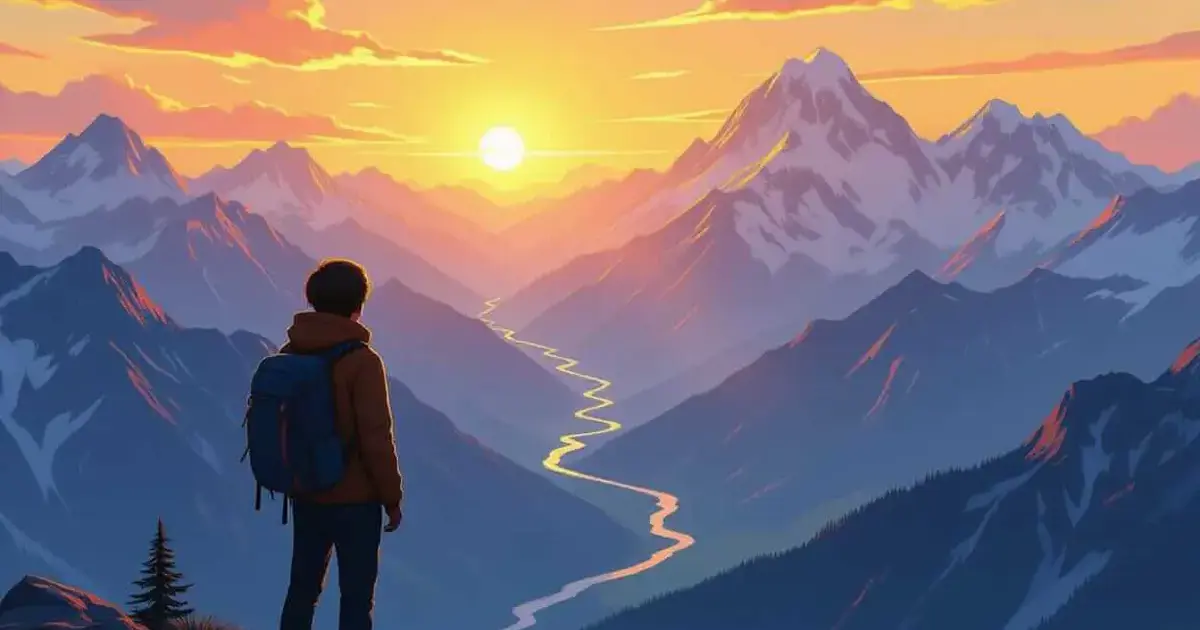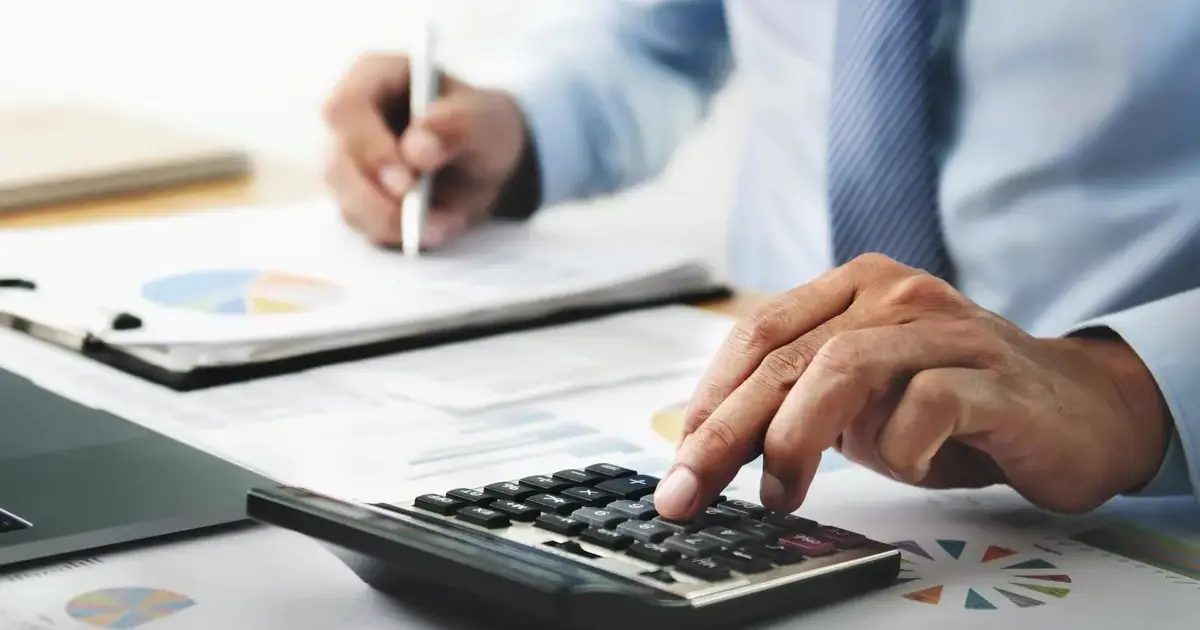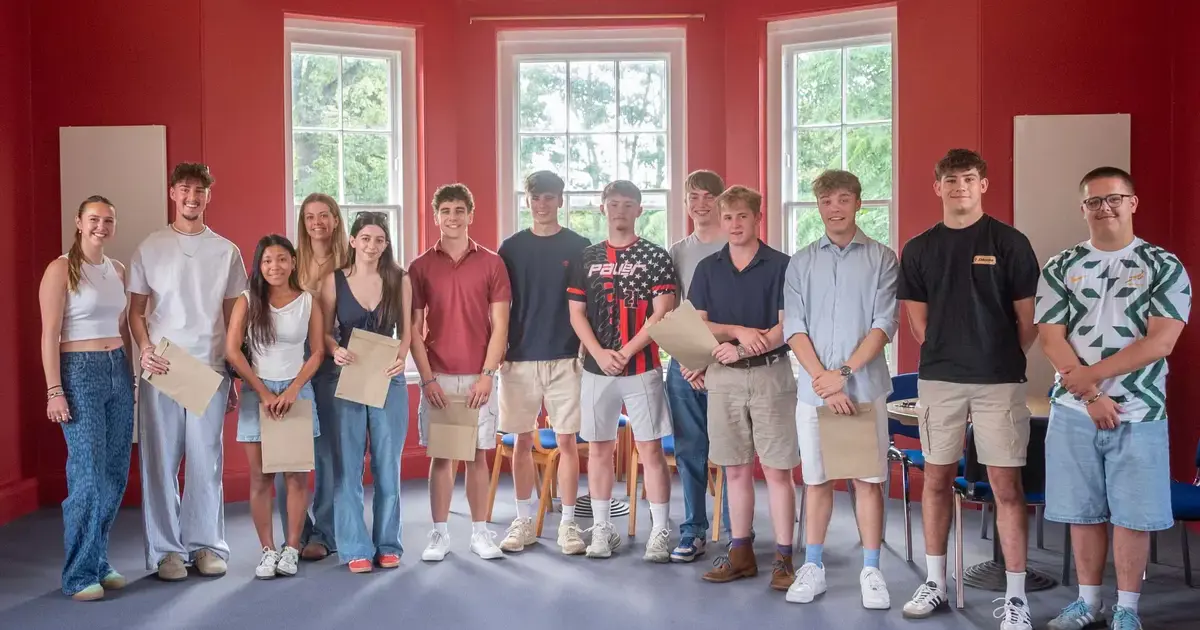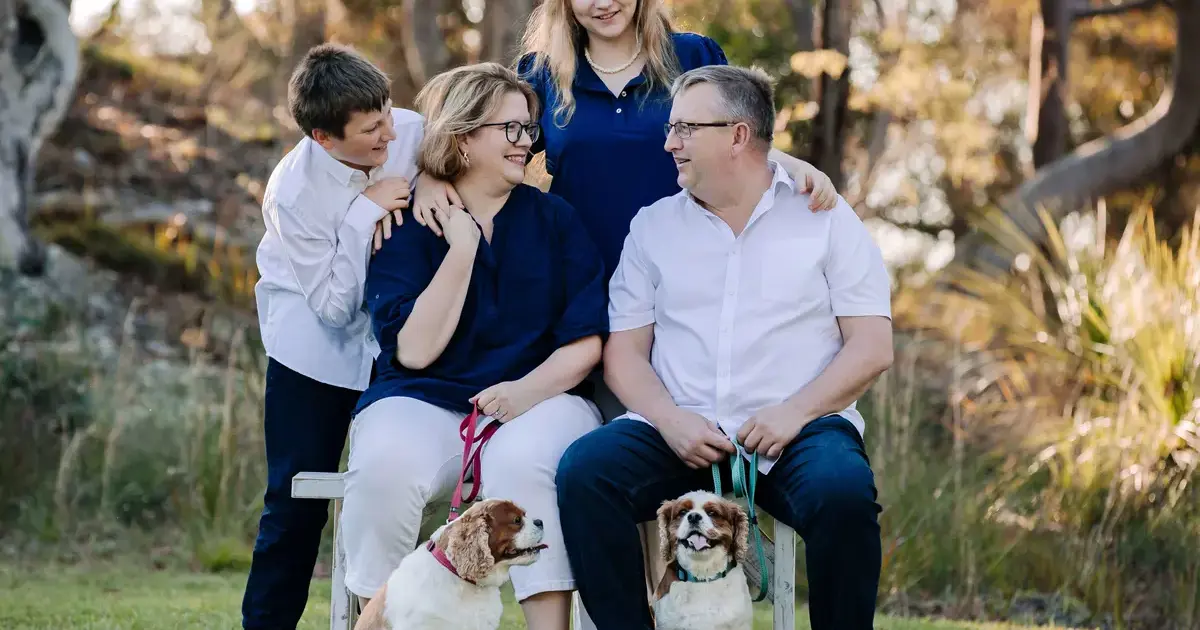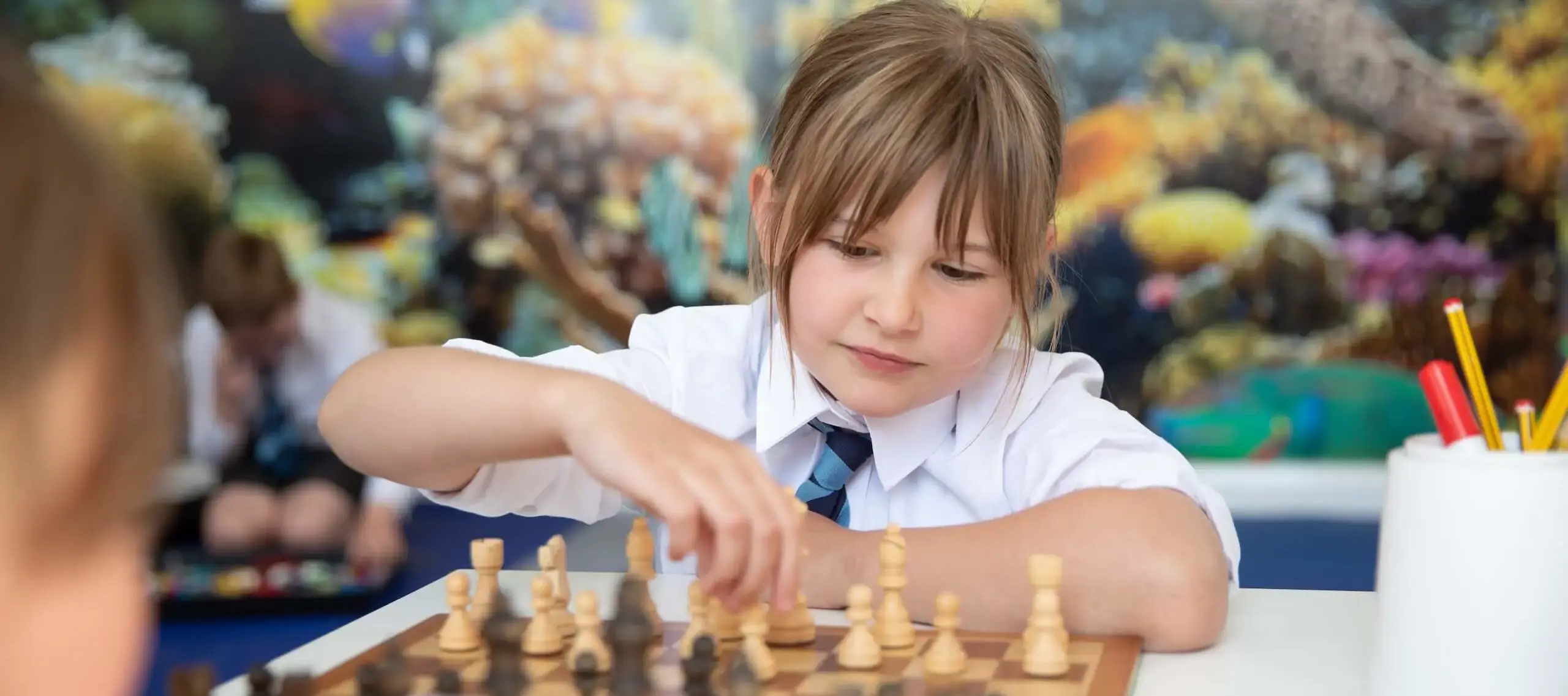 From the Head's Study -What is the purpose of school?
From the Head's Study -What is the purpose of school?
“What is the purpose of school?” was recently posed as a question at the annual HMC conference I attended earlier this week. It is something we are thinking carefully about as a community as we consult on our new Strategic Plan.
The purpose of school has evolved over centuries. Back when Pocklington School was first established in 1514, the purpose would have been stated as the “education” of young people and that would have been defined as developing core skills, with a focus on aspects such as literacy and arithmetic. On a more aspirational front, it could have been described as the transmission of a defined array of knowledge that could then be manipulated and applied in useful ways. Over time, that developed into a more defined set of competencies listed in national curricula including skills, knowledge and understanding. In more recent years, much has been made of “21st century skills”, and the idea of preparing pupils to be “workplace ready”. But the concern with those “21st century skills”, and yes, I do use quotation marks for a reason, is that they cannot be taught in isolation. Something that was not understood by some educationalists for a short while in the 1990s and early 2000s. For example, Critical Thinking cannot be taught without something to think critically about, such as some history, some mathematics, some literature. Our subjects are the vehicle with which we can develop transferable skills which may then be used in other contexts. No, you may never again have to factorise a quadratic equation once you have left your mathematics classroom, but the mental gymnastics that you had to engage with to be able to do that will stay with you and allow you to attempt other more complex problems.

School is gym for the brain. And I would argue that it is more than that, it is where one exercises and develops values, attitudes and character.
Within all the activities we offer at any school sit opportunities to learn skills, to acquire values and attitude that will set you in good stead for life. To develop character. If we were to throw the current curriculum up in the air and rewrite it for the modern age, then that core of character development would have to sit behind any alterations to curriculum to account for current political affectations, technology advancements or (in today’s society) Artificial Intelligence influences.
What a good school should be able to offer that amplifies that is the rich and varied cocurricular and enrichment programmes that sit alongside and enhance the lessons learnt in the classroom, and underpin values and character development.
Things to look for in a strong programme include a wide range of skill development, opportunities to work as teams and collaborate, ongoing commitment and an element of personal choice. The first place that I will always go to on this is the excellent Duke of Edinburgh Award that offers all of those aspects in one comprehensive programme, and I commend it to you for all young people aged 14 to 25.

At Pocklington Prep School we have recently introduced “Pock Pathfinders” which also has these elements. In introducing the initiative to our parents recently, Ms Bonnie Steel discussed how during lockdown, after the announcement of yet another seven weeks at home, she started thinking about what she could teach children beyond the usual classroom subjects but online, and developed Friday baking mornings online. “The class was debating whether to use the “pat” or “splat” technique for the cookie dough, and Fred turned to me and said: “Look, Mamie, everyone does it differently, it’s brilliant.”
To quote Mrs Steel:
Developing pupils’ practical skills and character alongside the standard curriculum is core to the Prep School Pock Pathfinders programme – it is designed to weave statutory PSHE objectives, essential life skills, outdoor challenges, teamwork, and resilience-building into our pupils’ education, while keeping it fun, practical, and, most importantly, uniquely Pock.
The beauty of this new scheme is in its flexibility: it can be tailored to each year group and shaped by their passions incorporating the high set of skills the staff have alongside our fabulous facilities. So far, they have included bike safety, hoovering, cooking, Forest School, lifesaving, first aid, and using OS maps. Looking ahead, they are considering skills such as changing a plug or fuse, and maybe even some basic mechanics and crochet!

At the other end of our school spectrum, our Head of Sixth Form, Mr. Tim Morris and his team are developing an “Adventure Ready” programme for our Lower Sixth, which will culminate in a two day camp in the summer term, including (but not limited to) a range of practical experiences that incorporate financial literacy, barista skills, basic car mechanics and “university cooking” with a good side serving of campfire marshmallows and cheer.
Mr. Tim Morris and his team are developing an “Adventure Ready” program for our Lower Sixth,
In setting our pupils off to find their paths in the Prep School, and leave us Adventure Ready in the Sixth form, ideally with some serious Duke of Edinburgh Award engagement in the middle, we are far beyond the aspiration of workplace readiness, or even university preparedness. The skills we are developing should stand our pupils in good stead for life not just aged 19, but aged 29, 39, … or even 79. That, surely, should be the purpose of school.
